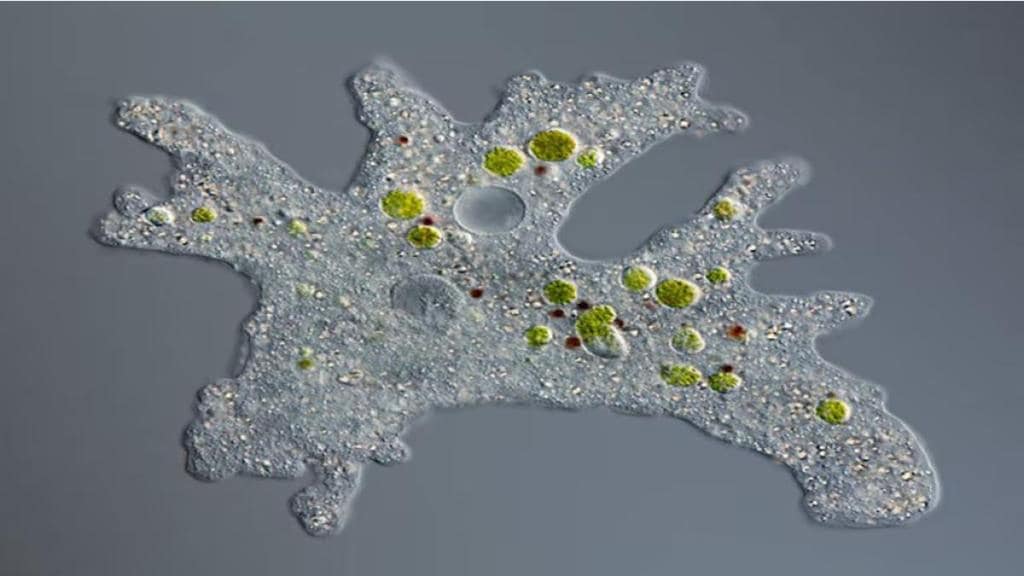Kerala has made significant strides in combating primary amoebic meningoencephalitis (PAM), commonly known as the “brain-eating amoeba,” successfully reducing the global mortality rate from 97% to just 26%. This achievement is attributed to an alert medical fraternity, aggressive investigation methods, and the implementation of a standard operating procedure.
According to The Indian Express report, PAM is caused by the Naegleria fowleri amoeba, which thrives in warm, fresh water and soil, infecting individuals when it enters the body through the nose. As of 2024, Kerala has reported 29 cases of PAM, with only five fatalities, according to health minister Veena George in the state Assembly this week.
Despite an increase in cases—from eight reported between 2016 and 2023 to 29 this year—Kerala’s health department has reported a survival rate of 24 out of 29 patients so far this year. In stark contrast, the US Centers for Disease Control and Prevention recorded only four survivors out of 164 reported cases of PAM between 1962 and 2023.
Since the first PAM case was documented in India in 1971, there have been only around two dozen cases nationwide until last year. Kerala recorded its first case in 2016. Notably, in July, 14-year-old Afanan Jasim from Kozhikode became the first Indian to survive PAM, marking him as only the 11th survivor globally.
The rise in cases this year is attributed to enhanced testing for acute encephalitis syndrome (AES), which can result from various diseases, including PAM, alongside factors such as climate change and environmental pollution.
In response, Kerala established a special treatment protocol and standard operating procedure for managing amoebic meningoencephalitis cases, becoming the first state in India to do so. Dr. R. Aravind, head of the infectious diseases department at Government Medical College Thiruvananthapuram, emphasised that the state’s guidelines on prevention, diagnosis, and treatment have been a game changer in the fight against this disease.

